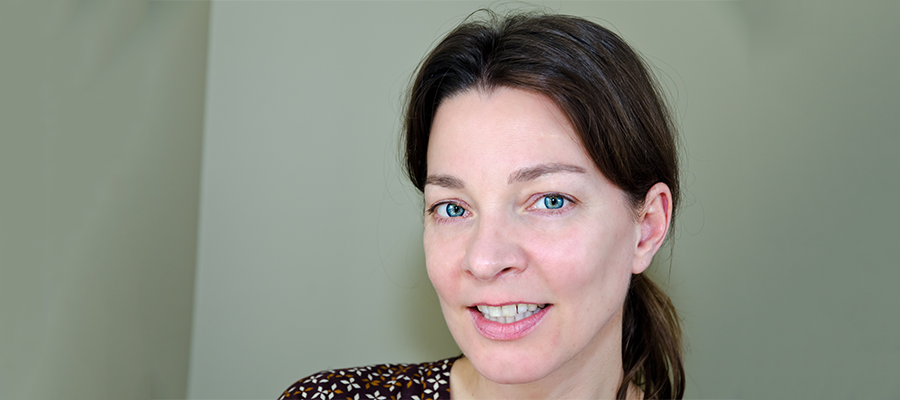Optimal care for older cancer patients should target relevant HRQOL domains according to EORTC study
25 Nov 2015
In a paper recently published in the European Journal of Cancer, EORTC researchers identified health related quality of life (HRQOL) components that should be considered as most relevant for achieving optimal care for older cancer patients.
Dr. Andrew Bottomley, Head of the EORTC Quality of Life Department and senior investigator of this study says, “Our study conducted on behalf of PROBE and the EORTC Clinical Groups shows that HRQOL is impaired in cancer patients compared to the general population, but that the impact on specific HRQOL domains varies by age. Within the cancer population, some HRQOL components improve with age while others deteriorate. Optimal care for older cancer patients should target HRQOL domains most relevant to this population.”
Indeed, HRQOL of cancer patients varies with age. Young cancer patients, for example, experience worse financial problems as well as social and role functioning. Older cancer patients, on the other hand, experience more appetite loss. Within the cancer cohort in this EORTC study, it was found that HRQOL was worse with increasing age for physical functioning and constipation, and better with increasing age for social functioning, insomnia and financial problems.
Chantal Quinten (photo) formerly of the EORTC and now at the European Centre for Disease Prevention and Control, Surveillance and Response Support, Epidemiological Methods Unit in Stockholm, Sweden and lead author of this report adds, “It was a huge benefit for us to be able to pool data from 25 closed EORTC trials and make the most of the data we had collected from over 6000 patients. Not only were we able to analyze and report on the primary trial results, but we were also able to perform additional analyses and, thereby, further increase our understanding using data we already had on file. This is a very efficient approach to clinical research.”
The EORTC researchers point out that it is essential for health care professionals to understand how the disease and its treatment affect cancer patients’ HRQOL in order to improve the care of cancer patients. Health care professionals can incorporate HRQOL in shared decision making to enhance patient management. The incidence of cancer is higher in the elderly, and as the general population continues to age, we need assure that elderly patients with cancer receive appropriate care.
Many HRQOL questionnaires exist, and the EORTC QLQ-C30 is one of the most widely used with its the 30-item Quality of Life Questionnaire Core module. General population values for the EORTC QLQC30 provide a useful reference for interpreting the impact of cancer and its treatment.
This work was funded by an unrestricted academic grant from the Pfizer Foundation, administered through the King Baudouin Foundation, for the EORTC PROBE group.
John Bean, PhD
EORTC, Medical Science Writer
Related News
SISAQOL-IMI consortium publishes key paper and launches online materials to advance patient-reported outcomes in cancer clinical trials
25 Nov 2025
EORTC participation at ISPOR Europe 2025 conference
7 Nov 2025
EORTC Quality of Life Group participating at the ISOQOL 2025 Conference
22 Oct 2025
New results and forthcoming trials presented at ESMO 2025 underline EORTC’s commitment to patient-centred research
21 Oct 2025
EORTC celebrates the 100th anniversary of p-value on World Statistics Day
20 Oct 2025
EORTC Announces Final Overall Survival Results from the PEACE-3 Trial
19 Oct 2025
Results from EORTC trial define new standard of care for aggressive brain tumours
18 Oct 2025
EORTC’s presence at ESMO 2025
17 Oct 2025
EORTC’s presence at EANO 2025
16 Oct 2025
EORTC celebrates Pink October: shaping the future of breast cancer care
15 Oct 2025


